Shortly after The Marvels struggled at the box office, Madame Web badly missed its mark. Instead of getting to the root of the problem of how studios handle female-led films, movie industry leaders may use these movies as an excuse to make even fewer female-led superhero movies.
Last year, despite critical reviews leaning positive, The Marvels had too many factors working against it and flopped at the box office. The response was nothing short of gross and bizarre, as social media users and media outlets could barely contain their glee at the disappointing box office outcome. The film and director Nia DaCosta’s achievements were overlooked and minimized, while the movie’s shortcomings were sensationalized.
When The Marvels opened to $47 million, it was deemed an immense failure, but when Aquaman and the Lost Kingdom was projected to open to $30–$40 million, it was deemed a success. It became clear that sexist trolls were hoping for The Marvels’ failure to use it as an excuse to write off female-led superhero movies.
Now that Madame Web is struggling to stay afloat at the box office amid terrible critical reviews, the same phenomenon is starting to happen.
What “insiders” say about Madame Web’s failure
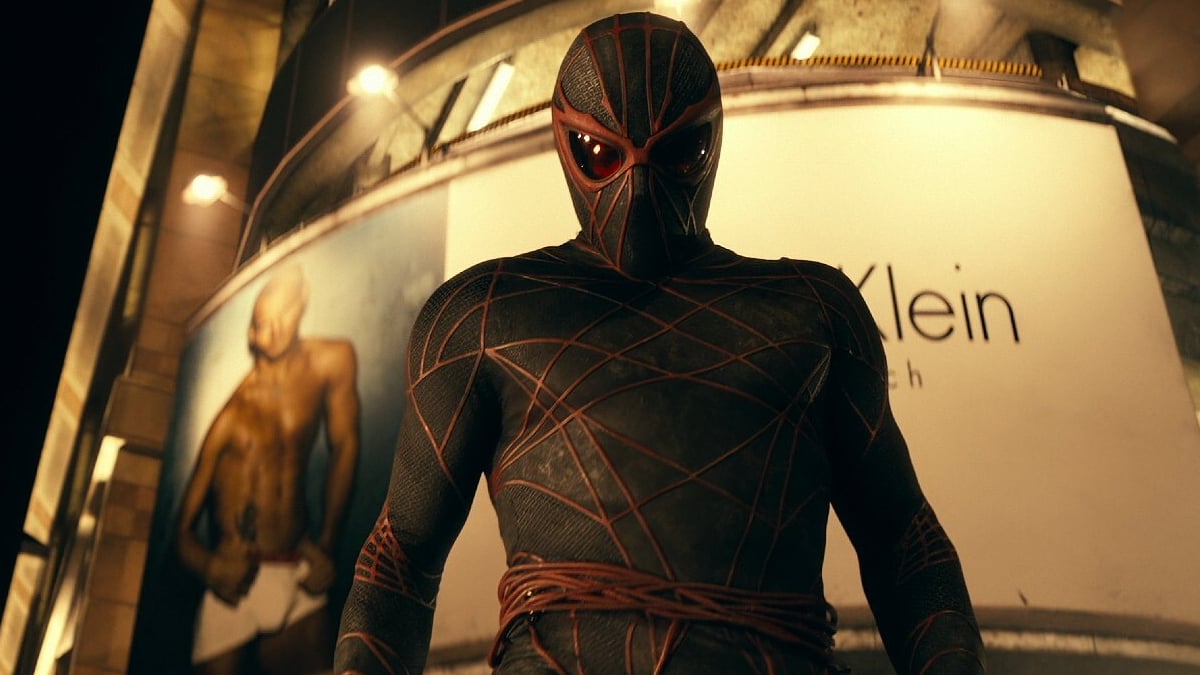
The Hollywood Reporter probed Madame Web‘s major misfire by speaking to several industry veterans and insiders. According to insiders, Sony hoped to create a whole Madame Web franchise, but those plans have now been scrapped. Meanwhile, several cryptic statements seemed to suggest that the film’s failures had something to do with it being female-led. One source told the outlet that “Sony tried to make a movie that was a different type of superhero movie,” but “it failed.” Another stated, “I don’t know if women are enough to carry the box office here.” They went on to explain that Sony was willing to take “risks” but that it “also wants home runs.”
It’s not hard to see what these sources are getting at. Sony can now point at Madame Web as proof that it at least “tried” to make a female-led superhero film and use its failure as an excuse not to make any more. One source took it a step further by subtly blaming women for the film’s failure for allegedly not showing up for Madame Web.
Of course, even suggesting that women can’t “carry the box office” in any area is laughable. Did the industry already forget that women made Barbie the #1 film of 2023? A staggering 66.2% of Barbie‘s audience was female. Additionally, in 2019, a study found that young women aged 15–24 went to the theater more frequently than men of the same age group and even suggested that movies should start catering more to this demographic. Meanwhile, female representation in Madame Web’s audience was not bad. Roughly 46% of ticket buyers for the film identified as female. So, it’s unclear where this idea that women can’t carry the box office is coming from.
Don’t blame women for The Marvels and Madame Web’s shortcomings

Those trying to say that female-led superhero films don’t work or that women aren’t showing up for these movies seem to be missing the studios’ role in these failures. The Marvels was a good movie that both male and female audiences gave stellar reviews to. However, due to the SAG-AFTRA and WGA strikes that Disney refused to bring an end to, the film took a huge hit regarding promotions and advertising. The fact that the studio still chose to release it without being able to capitalize on its star power for promotion was a poor choice, especially since it was already taking a hit from superhero and franchise fatigue.
Then, there’s Madame Web. Anyone who watches the movie will likely come out questioning if Sony even tried at all. Madame Web should’ve been a good movie. It had a budget of over $100 million, star power, and the allure of introducing the Spider-Man family. Yet, Sony released a low-budget trailer that looked fan-made and relied on meme culture for advertising, then decided to hire the same writers from the infamous Morbius, make drastic rewrites during production, and give it no connection existing Spider-Man properties, Marvel properties, or anything.
The only other recent female-led superhero film we had was Batgirl, which Warner Bros. shelved in post-production and refused to let anyone see. How does one look at these instances and genuinely think, “Oh, female-led superhero films just don’t work” or “women just don’t like superhero movies”? I know I’m walking away from these movies thinking maybe studios just don’t like women. We’ve seen what happens when studios actually try with female-led films, which is why Wonder Woman and Captain Marvel flourished. However, none of these recent films got the Captain Marvel or Wonder Woman treatment—not to mention that those successes are conveniently forgotten when these newer films are held against women, while men are allowed to have successes and failures without any gender-based implications.
Not only did The Marvels drop during the tail-end of the SAG-AFTRA strike, but when the strikes were ongoing, Sony promptly delayed Spider-Man villain film Kraven the Hunter but actually moved up Madame Web’s release by a few days. At some point, one must admit that these studios did not care about The Marvels, Madame Web, or Batgirl. These studios frequently target male audiences with superhero films, badly mishandle the female-led superhero films they release once in a blue moon, and then wonder why the majority of superhero moviegoers aren’t women.
Releasing female-led superhero films that were poorly received or box office disappointments isn’t an excuse to simply stop making these films. It’s a sign that studios need to keep trying until they actually get it right. Women aren’t the problem. The numbers already show that women will show up if a film about them is genuine and given the same opportunities to succeed as any other movie. So, maybe it’s time for the studios to answer for Madame Web’s and The Marvels’ shortcomings instead of blaming women.
(featured image: Walt Disney Studios Motion Pictures/Sony Pictures Releasing)



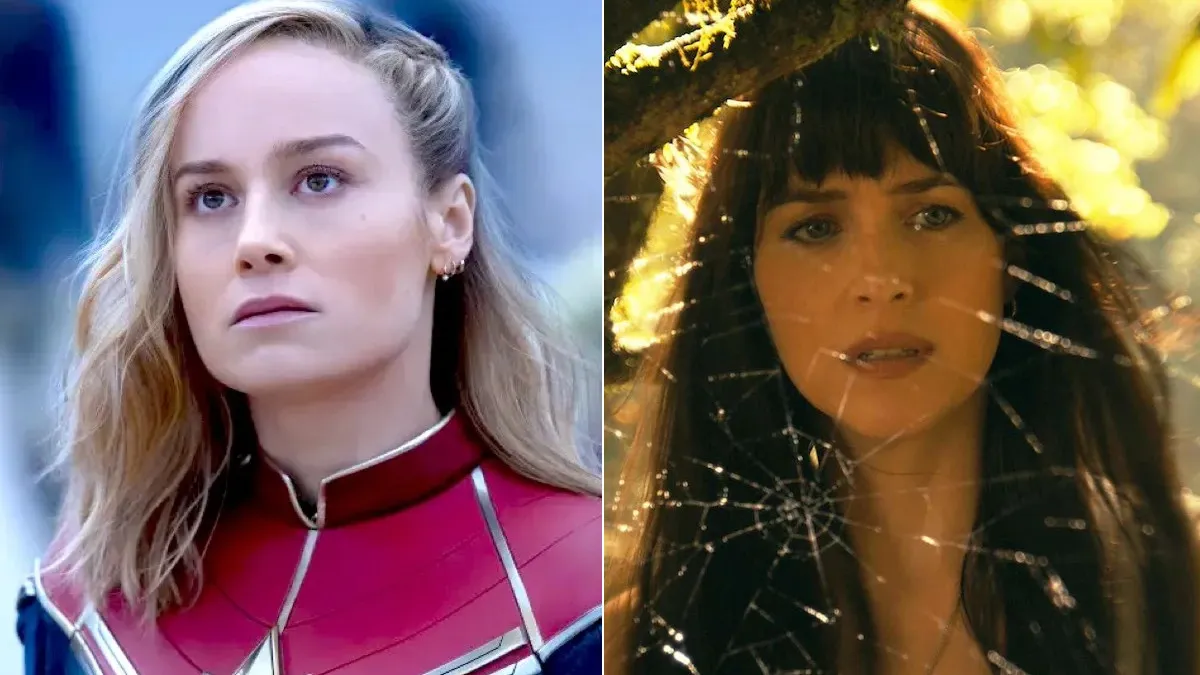
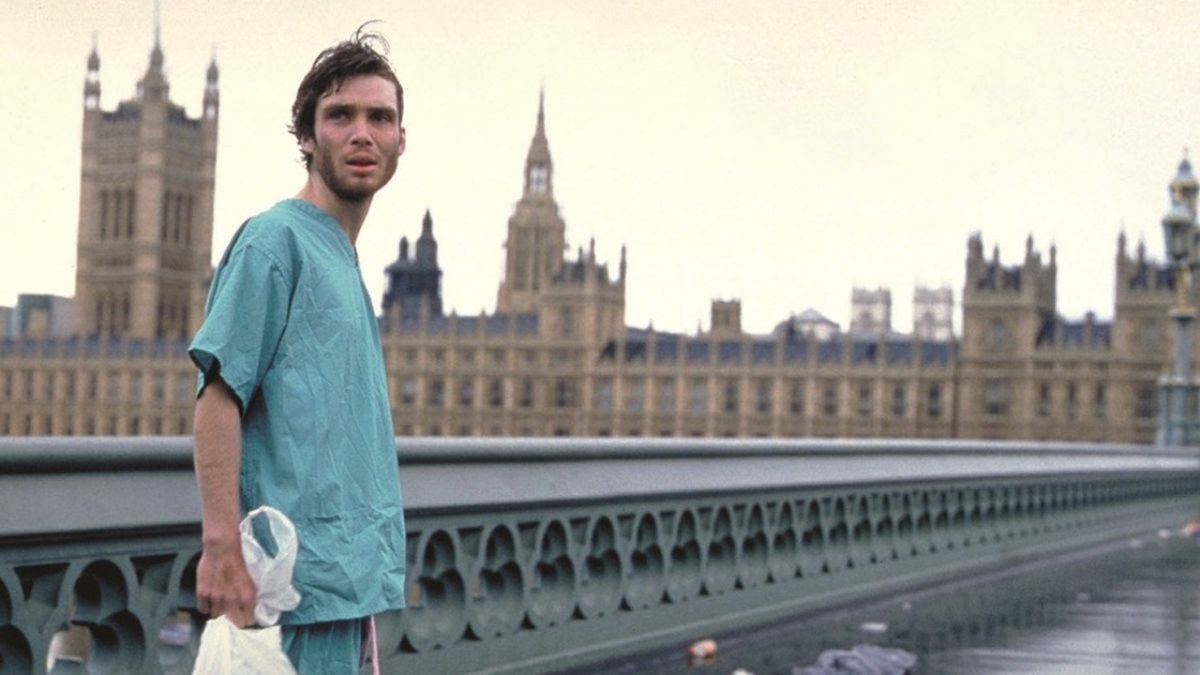
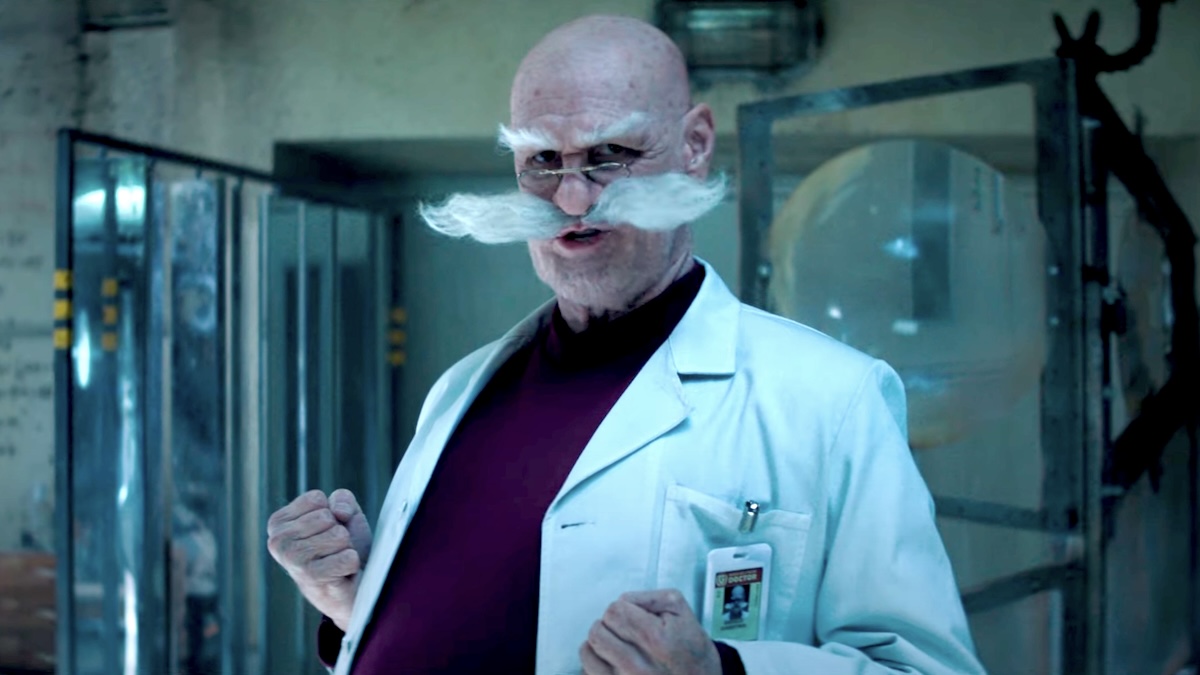

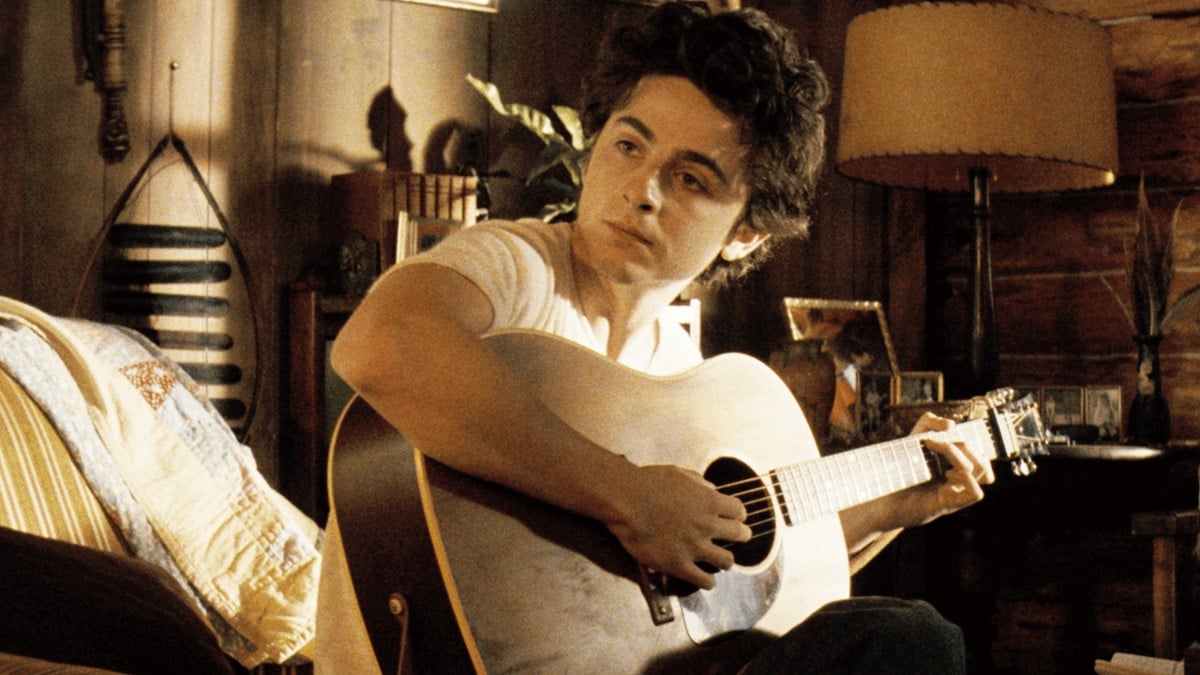
Published: Feb 21, 2024 03:41 pm